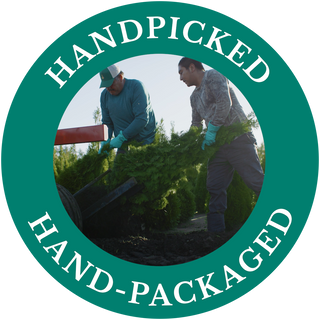Customer Photos and Videos
Hear what other happy gardeners had to say about this product and see customer-added photos and videos before you buy.
Hear what other happy gardeners had to say about this product and see customer-added photos and videos before you buy.
9-11
4 - 6 feet
Blooms Year Round, Harvest Varies
Full Sun
JUMBO
Prior to yielding lemons, the Meyer lemon tree sprouts sweetly-scented white blossoms that will be sure to brighten up any space. The Meyer lemon tree plant usually flowers twice a year and the blooms are fragrant, which is a lovely way to freshen up the home in winter.
This self-pollinating delight will make the perfect addition to any space. Citrus limon x 'Meyeri'
When will my order ship?
Plants will be shipped at the proper planting time for your area of the country during the shipping timeframes outlined below:
Adding product to your cart
Hear what other happy gardeners had to say about this product and see customer-added photos and videos before you buy.
9-11
4 - 6 feet
Blooms Year Round, Harvest Varies
Full Sun
JUMBO


We partner with expert horticulturalists who optimize our varieties for traits like uniqueness, fragrance, flavor and size.


From our 1,200-acre farm on the coast of Lake Michigan, our gardeners hand-prep and hand-package every plant to quick-ship right to your door.


At Spring Hill, we’re diligent about treating our plants with the utmost care--and have been for more than 175 years.


Each variety we offer is expertly cultivated to delight, inspire, and beautify your home. You'll find plants here you won't find anywhere else!
in Record Time
Watch the video

